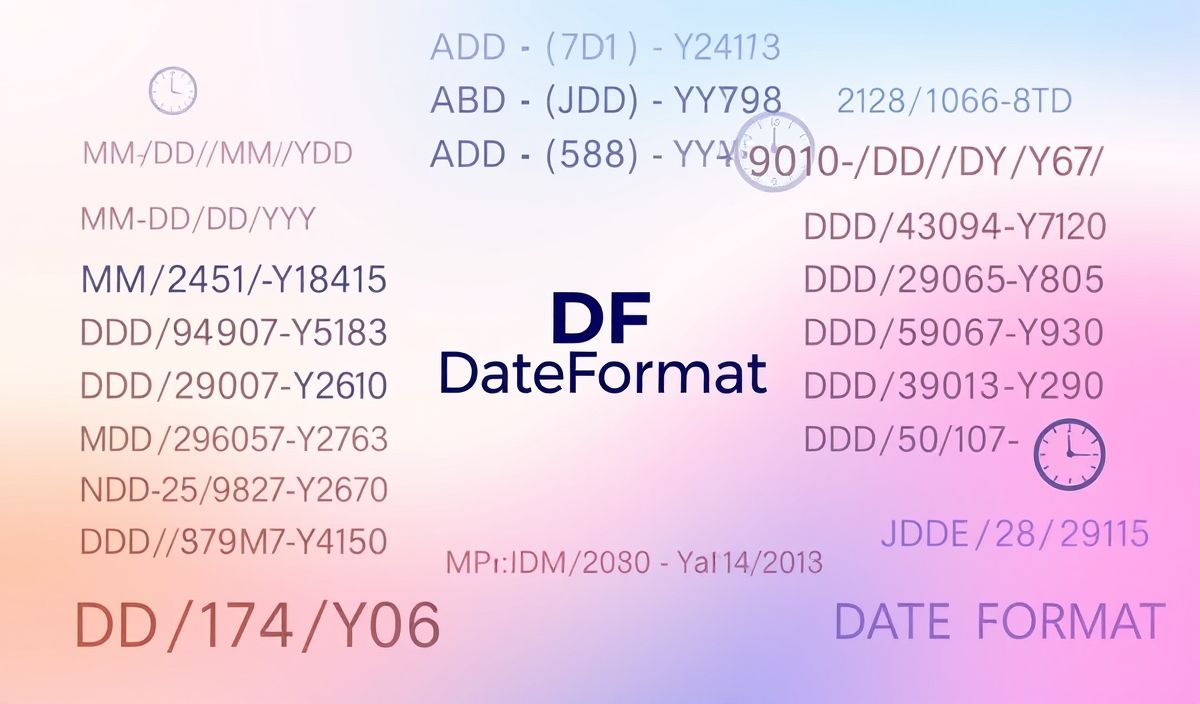Introduction to Coach Logger
Coach Logger is a robust and highly customizable logging library designed to make the process of logging and monitoring seamless for developers. In this blog post, we will introduce you to Coach Logger and its myriad of useful APIs. By the end of the post, you will have a good understanding of how to use Coach Logger to its full potential.
API Examples
Basic Setup
Initialize the Coach Logger to start logging your application events.
const { createLogger } = require('coach-logger');
const logger = createLogger(); logger.info('Logger initialized successfully.'); Logging Levels
Coach Logger supports various logging levels including info, warn, error, and debug.
logger.info('This is an info message.'); logger.warn('This is a warning message.'); logger.error('This is an error message.'); logger.debug('This is a debug message.'); Custom Logging Levels
Define custom logging levels based on your application needs.
logger.addLevel('custom', 3500); logger.custom('This is a custom log message.'); Log Formatting
Customizing the format of your log messages is straightforward with Coach Logger.
logger.setFormat(({ level, message, timestamp }) => {
return `${timestamp} - ${level.toUpperCase()}: ${message}`;
}); logger.info('This is a formatted info message.'); Transports
Coach Logger supports multiple transports to send logs to different destinations such as console, file, or external services.
const { ConsoleTransport, FileTransport } = require('coach-logger');
logger.addTransport(new ConsoleTransport()); logger.addTransport(new FileTransport({ filename: 'app.log' })); logger.info('This message will log to console and file.'); Async Logging
For applications that require asynchronous logging, Coach Logger offers support for async handlers.
logger.setHandler(async (log) => {
await sendLogToExternalService(log);
});
logger.info('This info log is sent asynchronously.'); Application Example
Let’s put it all together in a sample application.
const { createLogger, ConsoleTransport, FileTransport } = require('coach-logger');
const logger = createLogger(); logger.addTransport(new ConsoleTransport()); logger.addTransport(new FileTransport({ filename: 'app.log' }));
logger.setFormat(({ level, message, timestamp }) => {
return `${timestamp} - ${level.toUpperCase()}: ${message}`;
});
logger.info('Application has started.');
try {
// Simulate application logic
logger.debug('Executing some task.');
// Simulate warning condition
logger.warn('This is a warning.');
// Simulate error condition
throw new Error('Something went wrong!');
} catch (error) {
logger.error(`Error occurred: ${error.message}`);
}
logger.info('Application is shutting down.'); With the above setup, you’ve created a comprehensive logging system using Coach Logger.
Note: Customize and expand your logging configurations as per your application’s requirements.
Hash: 4caa49a4f8729915ea9cf2eb22ecc28a9e3da3ac319967f101f1581250ad23b0




